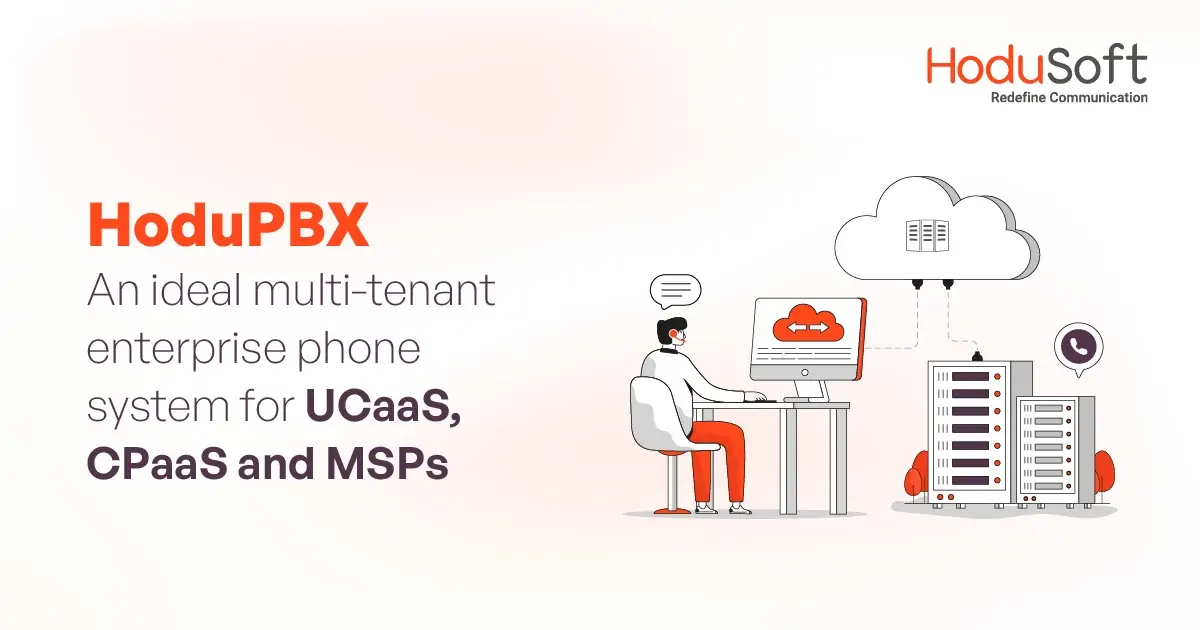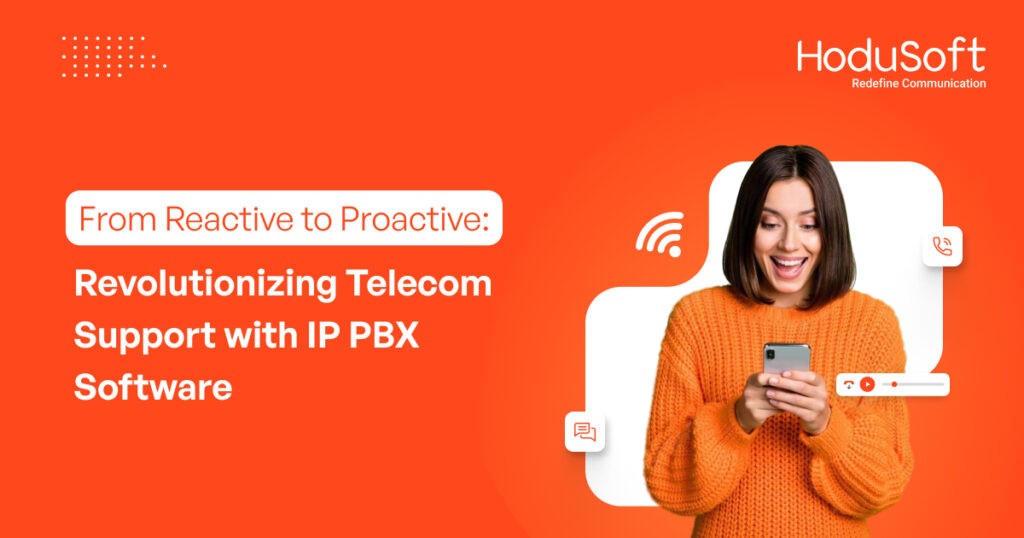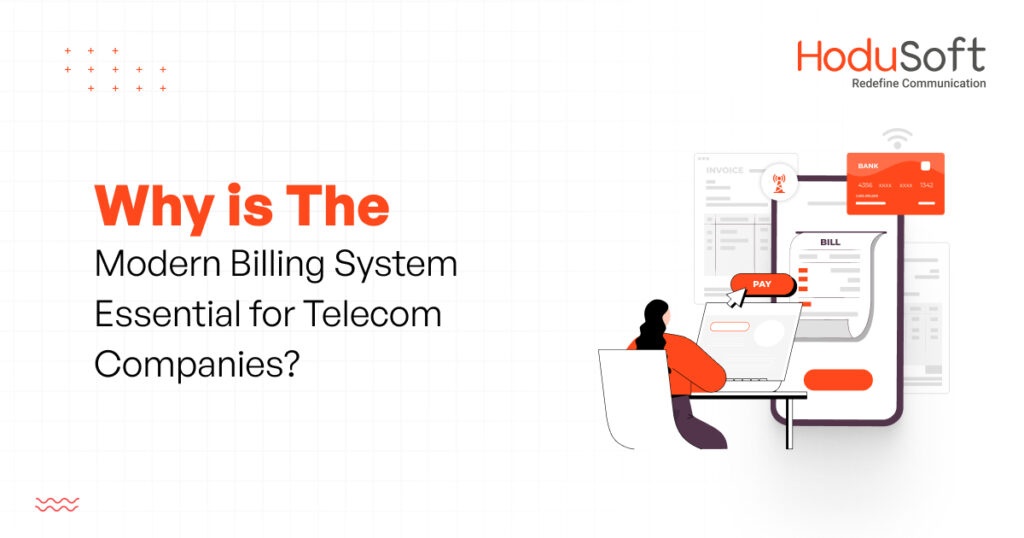Six Major Differences between Hosted and On-site IP PBX
Thriving VoIP technology has opened the doors of myriads of possibilities in the domain of unified communication. VoIP makes business communication more efficient and offers an affordable option for collaborating and connecting with the employees and other stakeholders. It has brought a revolutionary change in the way we use the telephone system. As per an official survey, businesses who had access to the modern phone system like unified communication solution reported almost 49 percent increase in productivity.
The VoIP phone system comes with two options namely hosted and on-premise IP PBX. The fundamental difference between these types is: the hosted IP PBX software can be operated online and therefore no installation is necessary, while the onsite IP PBX requires an installation of PBX hardware at the workplace.
Here are the
Key differences between hosted PBX and onsite PBX systems
-
Cost
The hosted IP PBX software solution has a lower setup cost and it does not require any maintenance cost as well. But there is a possibility of an increase in fees year-on-year. While the onsite IP PBX solution has higher setup cost but there is no risk of an increase in yearly fees. However, keeping some amount aside as an unknown maintenance and support cost is necessary while opting for the onsite IP PBX.
-
Expansion ability
Both expansion and retraction are real quick and easy with the hosted IP PBX as the provider takes care of everything. The software update is also regular to keep the system up-to-date. On the other hand, the on-premise IP PBX offers a complete control and flexibility, every expansion in this system can significantly increase the managerial responsibilities.
-
Control
There is no control over major software updates and maintenance, but the company can make its IT resources free to use in other revenue-generating tasks in the case of the hosted IP PBX. While in the onsite IP PBX solution, all updates can be installed either by an internal IT staff or outsourcing. So here total control comes with spending of money and resources.
-
Flexibility
Flexibility is less in the hosted IP PBX solution as compared to the onsite IP PBX as the enterprise needs to depend on the service provider for an update. But, the onsite IP PBX system, at times, requires more IT resources and budget to make complex and expensive changes even though it offers more flexibility.
-
Implementation
Implementation of updates is easy and affordable in the case of hosted IP PBX solution as the service provider takes everything on his shoulder. But, the same is cumbersome in the case of the on-site IP PBX solution as the deployment time may be increased and employee training is necessary in some cases.
-
Enterprise recommendation
Small size business and startups should opt for customized hosted IP PBX software. SMBs (Small and Mid-size Businesses) and enterprises with an IT setup can go for on-premise IP PBX software.
Simply put, the PBX service provider is responsible for housing, providing, and managing the system in hosted IP PBX while on-premise PBX systems are installed within the company’s premises and IP phones are connected to an IP-PBX server using a LAN (Local Area Network).
Conclusion
The business can enjoy more control with on-premise IP PBX system than the hosted system. But then, the on-premise system requires higher management capabilities for maintaining the system. It is fair to mention that the business persons should take an informed decision on the basis of business communication requirements as well as infrastructural facilities at their premises.
An experienced IP PBX software developer can assist them in taking such a decision.



